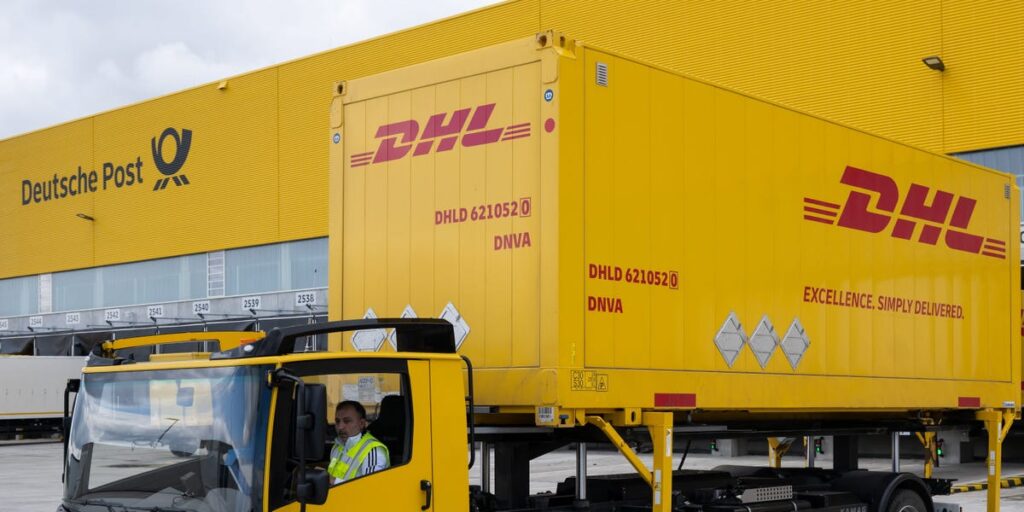Many packages imported into the US valued at $800 or less are exempt from tariffs — until Friday.
President Donald Trump signed an executive order on May 2 ending the de minimis exemption for Chinese imports. That resulted in price rises for consumers, especially from retailers like Shein.
In July, the White House called the de minimis exemption a “catastrophic loophole,” claiming that it resulted in tariff evasion and made it easier to import opioids.
The Biden administration also proposed steps to tighten the exemption, including removing some goods from its purview, but no big changes happened until Trump took office.
On Friday, the de minimis exemption will end for the rest of the world, including regions where Americans often make smaller purchases, including Mexico, Canada, and Europe.
It could mean higher prices for many goods. That is, if the items still arrive. Many delivery companies are pausing services to the US as they adapt to the new rules, citing a lack of clarity over how to comply and who pays for and enforces the changes.
What kinds of packages are affected?
De minimis shipments account for over 90% of all cargo that enters the US, according to the US Customs and Border Protection. Products sold under the exemption include clothing, footwear, accessories, and cosmetics.
Individual items with a value of $800 or less will be affected, but not letters or gifts that are worth less than $100 and are sent from person to person rather than from a business to a customer.
From Friday, imports that would have fallen under the exemption will be subject to the same tariffs as the other products from their country of origin. For example, a 15% tariff on EU goods.
The libertarian CATO think tank said in February that the change would have “serious implications for average Americans,” particularly those in the poorest zip codes, where a higher proportion of di minimis shipments are sent.
Which international carriers are affected?
Some European and Asian postal agencies have paused or stopped shipments to the US due to the change. Many are citing the additional work that the new rules create and are developing new systems to accommodate them.
According to PostEurop, which represents European postal operators, by August 19, at least 16 postal operators in Europe were planning to suspend or restrict shipments to the US. That included companies in France, Belgium, Greece, Norway, Sweden, Denmark, and Finland.
DHL, one of the world’s largest delivery companies, said on Friday that it would temporarily suspend parcel delivery for business customers. It cited “new processes required by US authorities for postal shipping, which differ from the previously applicable regulations.”
It added: “goods shipping via DHL Express and the commercial import of goods into the US under the currently applicable customs rates will still be possible.”
Meanwhile, New Zealand and India’s postal departments said they would temporarily suspend many of their services for sending parcels to the US. The UK’s Royal Mail said it would stop its current US export services for businesses from Tuesday, but planned for its new system to be running within a day or two.
Other postal groups did not give a date for when services would resume. This means consumers may not be able to receive their favorite products, at least for a while, and may be met with rising prices.
Read the full article here
















